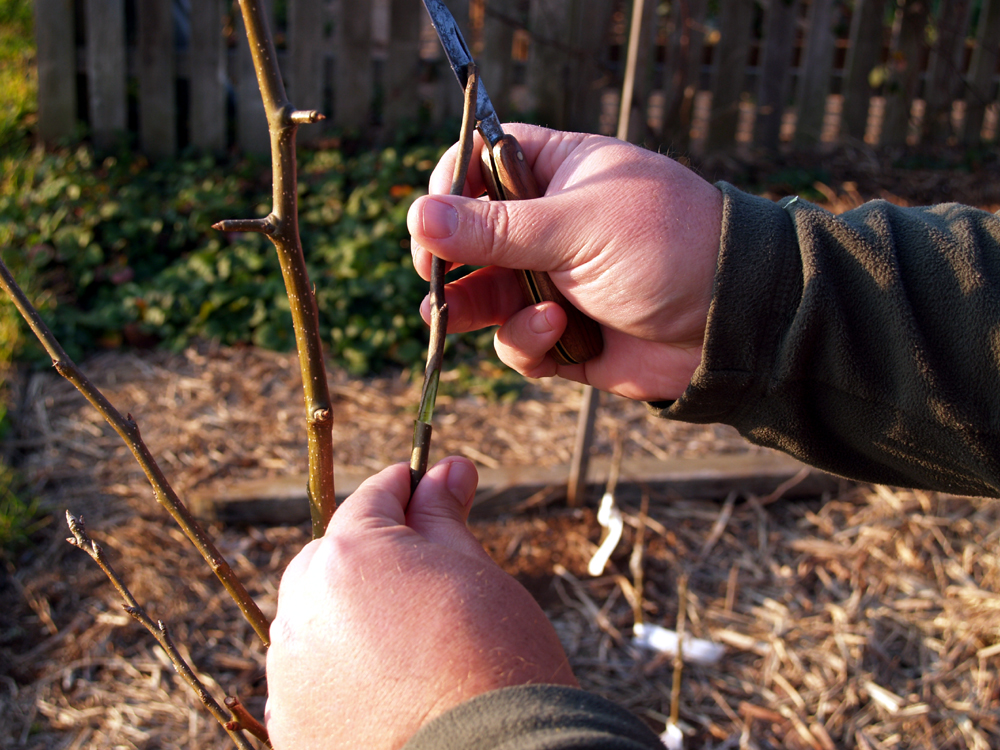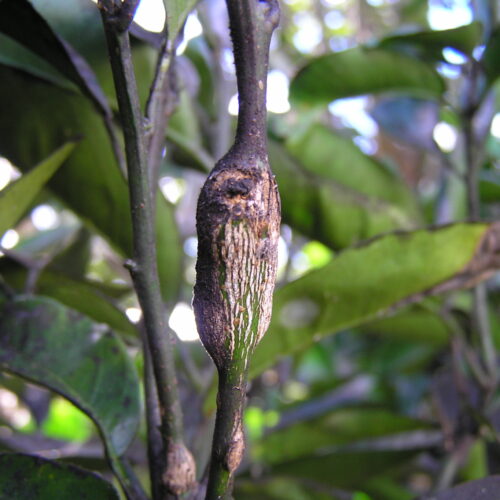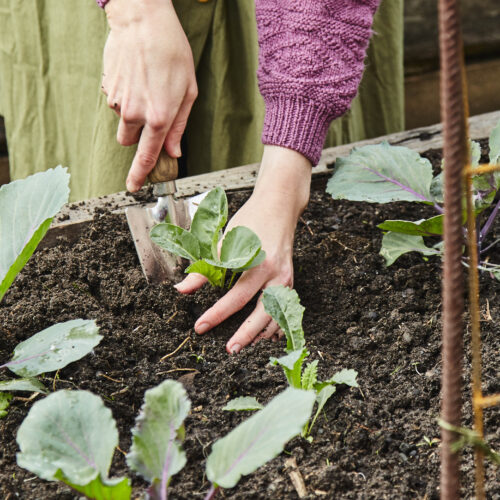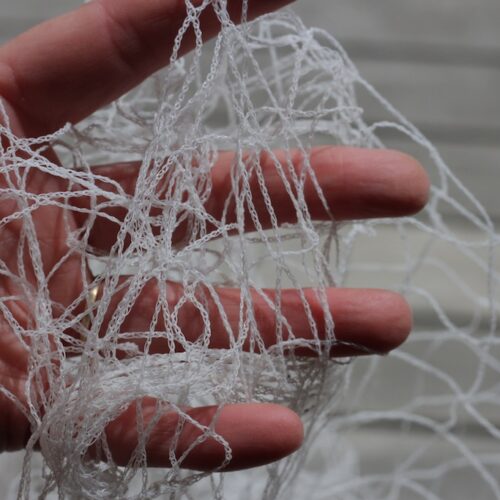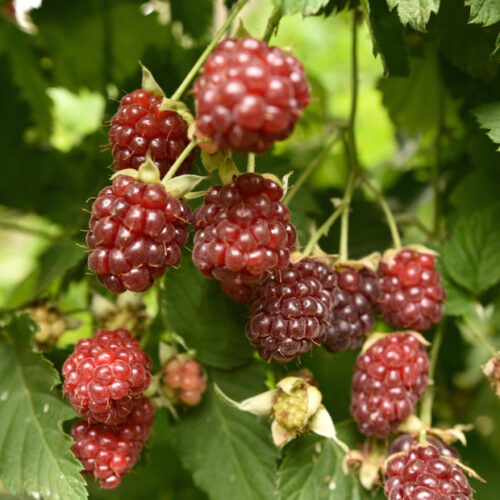Jobs for August
2013-08-01T03:32:16+10:00
What better way to spend an August weekend than in your organic garden. Get started with the help of JUSTIN RUSSELL's suggestions for the last weeks of winter.
-
In cold areas, the soil is at it’s coldest temperature for winter, and will warm up slowly over the next few months. To encourage it to warm faster try covering bare ground with black weed mat, or better still, a mulch of compost. The dark colour will absorb sunlight and give you a jump start on spring.
-
In the subtropics, tropics, and warm temperate zones, fruit flies will start to become active this month. Early control pays dividends later in the year, so now is the time to place traps. Attract the flies away from your fruit trees by placing the traps around the perimeter of the garden or orchard.
-
Winter green manure crops can be cut and left on the soil surface as a mulch, or dug into the soil to rot down and encourage microbial activity. If you’re digging in mustard, keep the soil moist for at least a couple of weeks to allow the rotting leaves to release natural mustard gas, a soil biofumigant.
- Try your hand at grafting. Late winter and early spring is the time to graft deciduous trees, and the easiest species to try are apples and pears. Grafts such as the whip and tongue or wedge/cleft are doable for beginners, but it pays to practice on some prunings before tackling the real thing. A great use for the practice is to make multi-grafted trees that have a number of varieties growing on a single plant. It’s a great way to save space and get excellent pollination.
-
Crops that have been growing through winter will often start to bolt to seed in spring. Leave some of your best plants to develop seed heads, collect the seed once it’s ripe and save it for resowing. Note that plants such as brassicas hybridise readily, and saved seed may not grow true to type unless different varieties have been isolated from each other to prevent cross pollination. To learn more about seed saving, check out www.seedsavers.net
-
Late winter rains present perfect growing conditions for weeds. Get them while their small and tender using organic techniques such as steam weeding, dousing in boiling water, flame weeding, hoeing, and sheet mulching. Always try to prevent weeds going to seed – one year’s seeding equals many years’ weeding.
-
To control fungal diseases such as brown rot and peach leaf curl on deciduous fruit trees, spray just before bud burst with organically allowed copper hydroxide or Bordeaux mixture. Note that copper can accumulate in the soil with repeated spraying over many years. Some gardeners lay out a tarpaulin or other covering to protect the soil while spraying.
-
Prepare garden beds for spring by lightly forking in compost, well rotted manure and other amendments as required for individual crops. Top dress perennial plants such as rhubarb, raspberries and asparagus with a layer of compost about 10cm deep.

